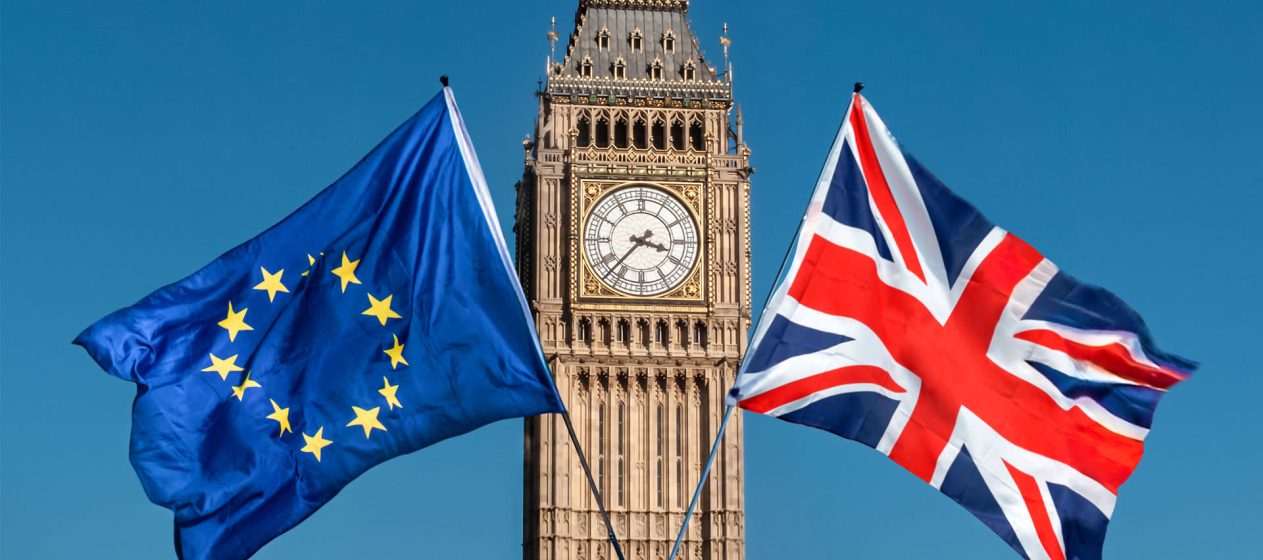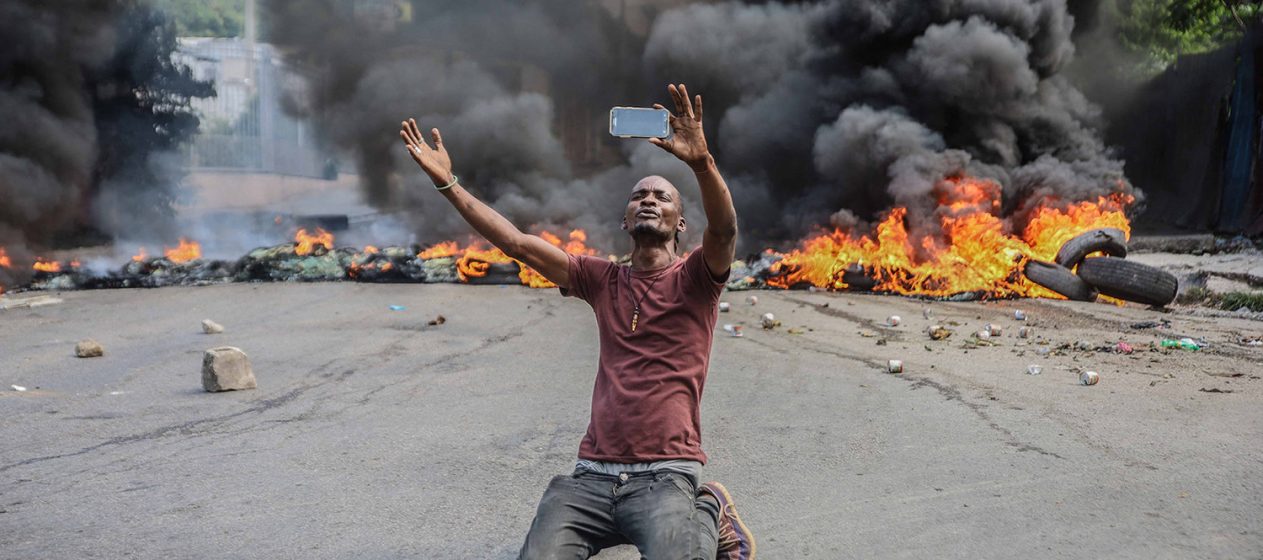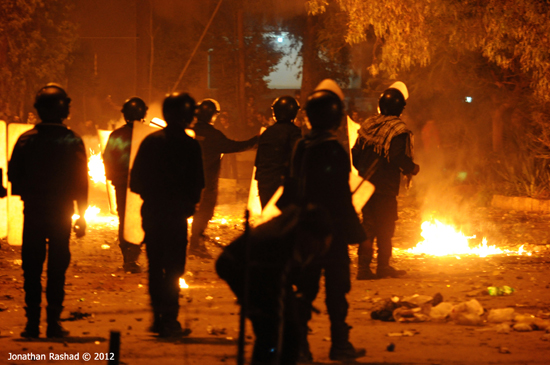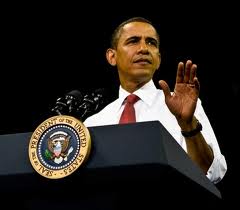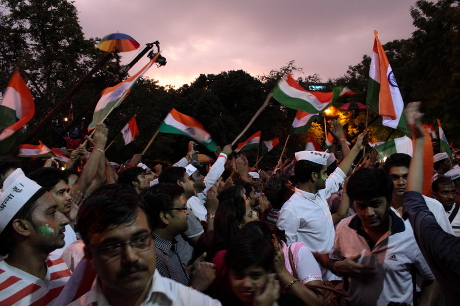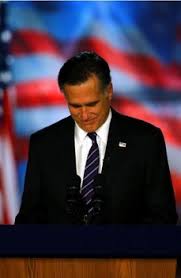
Can you buy a Police Commissioner? Spending at the 2012 Police and Crime Commissioner elections suggests it depends on the party
Just under a year ago the first Police and Crime Commissioner elections were held in England and Wales. Two weeks ago, the Electoral Commission released data on candidate donations and spending at those elections. In total candidates spent £2.1 million – an average of £11,220 each. For comparison candidates at the 2010 general election only spent £6,284 each (but this doesn’t count party spending, which was much lower at the Police Commissioner elections). Media reporting of the data tended to concentrate on the more extreme cases of candidate spending – the Conservative candidate who spent £98,751 and didn’t win, or the independent candidate who (officially at least) didn’t spend a single penny and won.
The casual observer might then be forgiven for thinking that candidate spending had no impact on the outcome of the Police Commissioner elections. However, as any good social scientist will tell you, outliers often obscure trends rather than indicate them. Campaign spending is a much studied topic in political science and the consensus is that spending more money gets more votes. One of the key insights about campaign spending is that it tends not to change voters’ minds about who to vote for but rather whether or not they bother turning out to vote at all.










